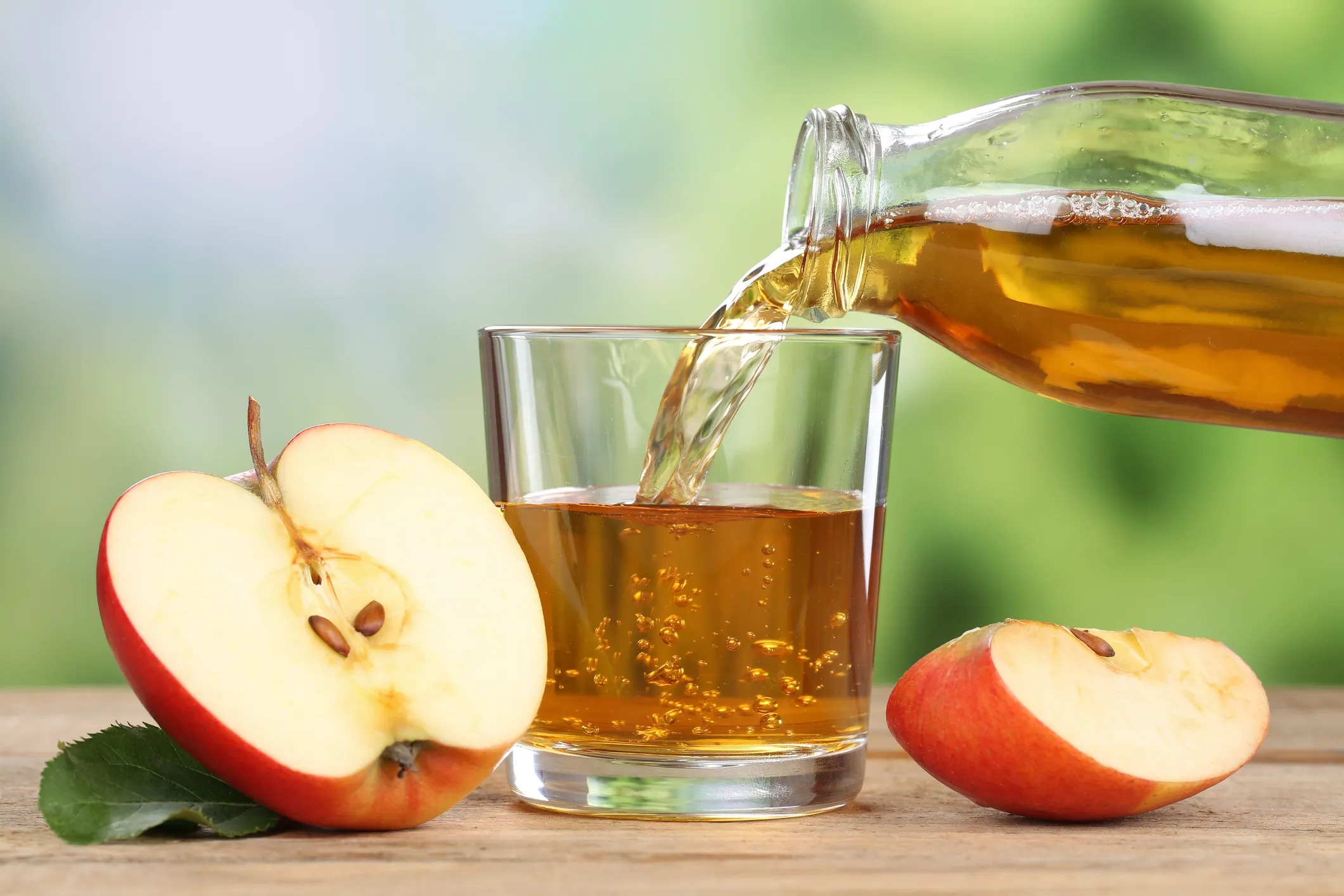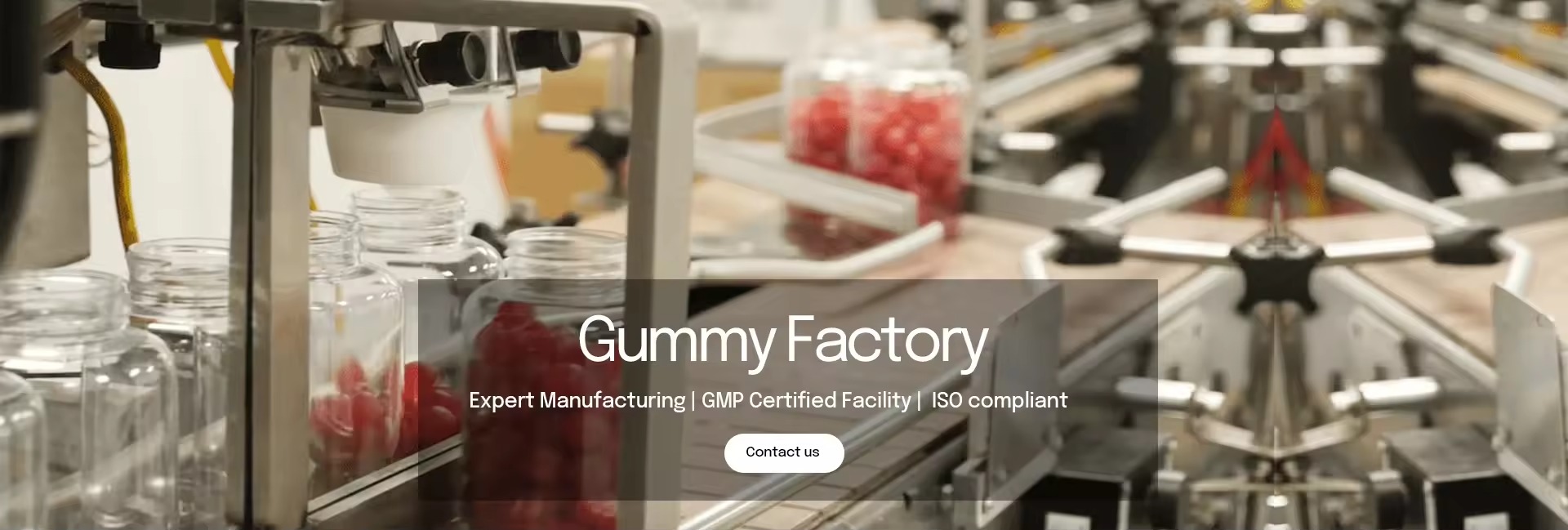Apple cider vinegar (ACV) has gained significant popularity in recent years, often touted as a natural remedy for various health issues, including liver detoxification. Many health enthusiasts claim that ACV can "cleanse" the liver, but how much truth is there to these claims? In this article, we'll explore the potential benefits of ACV for liver health, the mechanisms behind its effects, and the limitations of using ACV for liver "cleansing."
The Liver's Natural Detox Role
Before we explore how ACV might impact the liver, it’s essential to understand the liver's role in detoxification. The liver is the body's primary organ responsible for filtering toxins and waste products from the bloodstream. It also processes nutrients and plays a key role in metabolic functions. In short, the liver is already naturally equipped to detoxify itself and the body, making external "cleanses" unnecessary.
That said, lifestyle factors, including diet, exercise, and overall health, can affect how well the liver performs its detoxifying functions. While ACV is not a liver cleanse in the dramatic sense often promoted by health fads, it may offer supportive benefits to the liver when consumed as part of a balanced diet and healthy lifestyle.
Can ACV Actually Cleanse or Detox the Liver?
The short answer is no—there is no scientific evidence to suggest that ACV has the ability to "cleanse" or directly detoxify the liver in the way that some detox programs claim. However, there are several ways in which ACV could play a supporting role in maintaining healthy liver function.
1. Antioxidants for Liver Protection
Apple cider vinegar contains antioxidants, including polyphenols, which can help neutralize harmful free radicals in the body. Free radicals are molecules that can cause oxidative stress, leading to cellular damage and contributing to inflammation and disease. By reducing oxidative stress, ACV may help protect liver cells from damage, supporting the liver's natural detoxification processes.
2. Anti-Inflammatory Effect
Chronic inflammation can lead to liver issues such as fatty liver disease or even cirrhosis. The acetic acid in apple cider vinegar is believed to have anti-inflammatory properties, which might help reduce systemic inflammation. While ACV isn't a cure for liver inflammation, it may play a supporting role by helping reduce inflammation in the body, including the liver. However, more research is needed to fully understand ACV's impact on liver inflammation specifically.
3. Blood Sugar Regulation
A growing body of research suggests that ACV may help improve insulin sensitivity and regulate blood sugar levels. High blood sugar and insulin resistance are major contributors to conditions like non-alcoholic fatty liver disease (NAFLD), which involves the accumulation of fat in liver cells. By supporting blood sugar regulation, ACV could help reduce the risk of developing fatty liver disease, potentially benefiting liver health in the long run.
4. Aiding Digestion and Gut Health
While the liver and gut are separate organs, they are deeply interconnected in the body’s overall health. Apple cider vinegar is known to promote healthy digestion by increasing stomach acid production, which can help break down food more effectively. Additionally, ACV may promote the growth of beneficial bacteria in the gut, supporting a balanced microbiome. Since a healthy gut contributes to better detoxification, ACV's effects on digestion could have indirect benefits for liver health.
5. Supporting Weight Loss
Excess body fat, particularly around the abdomen, is linked to liver conditions such as fatty liver disease. Some studies suggest that ACV may help with weight loss by promoting feelings of fullness and reducing fat accumulation. By helping to manage weight and reduce visceral fat, ACV could indirectly lower the risk of fatty liver disease, which is one of the most common liver conditions worldwide.
What ACV Can’t Do for the Liver
Despite its potential benefits, apple cider vinegar should not be viewed as a miracle cure or a replacement for proper medical care, especially for individuals with liver disease. Here's what ACV cannot do:
Not a "Detox" or "Cleanse": While ACV contains beneficial compounds like acetic acid and antioxidants, there is no scientific evidence that it can "cleanse" the liver or detoxify it in a way that other health products claim. The liver already has built-in detoxification systems that work efficiently without the need for external cleanses.
Doesn’t Cure Liver Disease: Conditions such as cirrhosis, hepatitis, and liver failure require medical attention and cannot be treated with apple cider vinegar alone. ACV may support liver health but should not be used as a sole treatment for serious liver conditions.
Excessive Use Can Be Harmful: While moderate consumption of ACV is generally safe, excessive use can cause harm. The acidity in ACV can irritate the digestive tract, erode tooth enamel, and in extreme cases, cause digestive discomfort or damage to the esophagus. It's important to dilute ACV before drinking it to reduce these risks.
How to Safely Use ACV for Liver Health
If you want to incorporate apple cider vinegar into your diet to support liver health, moderation and proper usage are key:
Dilute It: Always dilute ACV with water before drinking it. A common ratio is 1-2 tablespoons of ACV in 8 ounces of water. This helps protect your teeth and digestive system from the acidity.
Use as Part of a Balanced Diet: ACV should be part of an overall healthy lifestyle that includes a well-rounded diet, regular physical activity, and proper hydration. A healthy diet rich in fruits, vegetables, lean proteins, and healthy fats is essential for maintaining optimal liver function.
Consult Your Healthcare Provider: If you have liver disease or any other underlying health conditions, it’s crucial to speak with your doctor before adding ACV to your daily regimen. They can provide guidance on appropriate dosages and ensure that ACV will not interfere with any medications or treatments.
Conclusion
While apple cider vinegar may not be the liver "cleanse" that many people believe it to be, it can still offer valuable support for liver health. ACV may help reduce inflammation, regulate blood sugar, and support digestion, all of which contribute to overall liver function. However, it is important to understand that the liver is a highly efficient organ that doesn't require external detoxes. To support liver health, focus on maintaining a healthy lifestyle that includes a balanced diet, regular exercise, and adequate rest. If you have liver issues, always consult with a healthcare provider for professional advice and treatment.
Post time: Dec-13-2024





